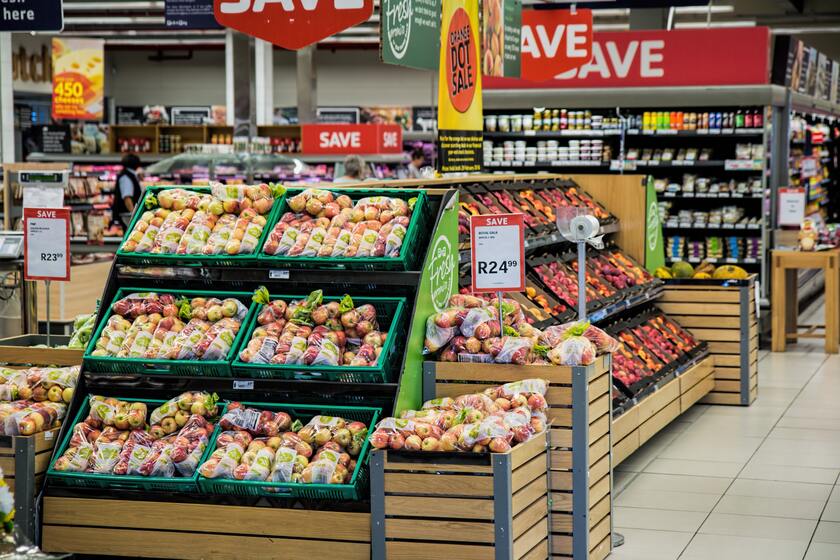In Spain, the transport of perishable goods accounts for a significant part of the total trade that passes through Spanish customs, both in imports and exports. Today we will tell the keys to the transport of this type of products so important for Spain, which has a market share of 10% worldwide in fruits and vegetables alone.
Keys to the transportation of perishable goods
We will now explore what perishable goods are, with all their characteristic forms of transport, as well as the regulations and legal aspects of the transport of these products, which in Spain is booming, especially fruit and vegetable imports.
What are perishable goods?
Let’s start with a brief definition. Perishable goods are all those products that can be adversely affected by environmental conditions and have a short period of time before they start to degrade, lose properties or devalue.
Among the products considered perishable we could mention a long list, which would include food products (fruits, vegetables, meats, dairy products), flowers, pharmaceuticals and some chemical products, all of them in multiple forms or parts of the transformation process.
Focusing on the gross trade of perishable goods, according to the WTO classification, agricultural, food and pharmaceuticals, the transport of these goods has grown by around 10% between 2018 and 2020 (WTO, World Trade Organization), a more than remarkable increase.
Perishables are an excellent opportunity for Spain to export to different markets, so you may be very interested in the forms of transport that we will explain below and their transport regulations.
Perishable goods transportation: regulations and legal aspects
The regulation that coordinates the transport of perishable goods in Spain is the ATP agreement or Agreement on the Transport of Perishable Goods and vehicles adapted for their transport. It is important to be fully aware of it, since it governs the regulations of our country, together with 49 other countries, in relation to the correct adaptation of vehicles for the transport of this type of products.
This can affect not only the means of transport itself, but also the environmental conditions, safety measures or even the types of pallets.
types of pallets
.
Perishable goods transportation methods
As mentioned above, the forms of transport of perishable goods are governed by the ATP agreement, which distinguishes the following four types of adapted transport vehicles:
- Isotherm: is the special unit with insulating characteristics that is capable of limiting the temperature exchange between the inside and outside of the transport.
- Refrigerated: isothermal unit that, supported by a non-mechanical cold generator, is capable of lowering the temperature and then maintaining it.
- Refrigerator: vehicle with a cold generator source capable of reducing the temperature of the goods down to -20 degrees Celsius and maintaining it thereafter, ideal for frozen products.
frozen products
. - Calorific: this is the special vehicle that is capable of raising the temperature of the goods to around 12 degrees Celsius and maintaining it at that point for at least 12 hours.
The transport of perishable goods involves moving a very delicate product, where any failure can devalue the goods in a very noticeable way. For this reason, at Partida Logistics we consider it crucial to take out freight insurance.
insurance for the transport of goods
.
However, if you prefer not to take risks, do not hesitate to contact us. We are specialists in
fruit logistics
and we will advise you in all parts of the process, reducing the risks that your goods may be affected by environmental conditions.




